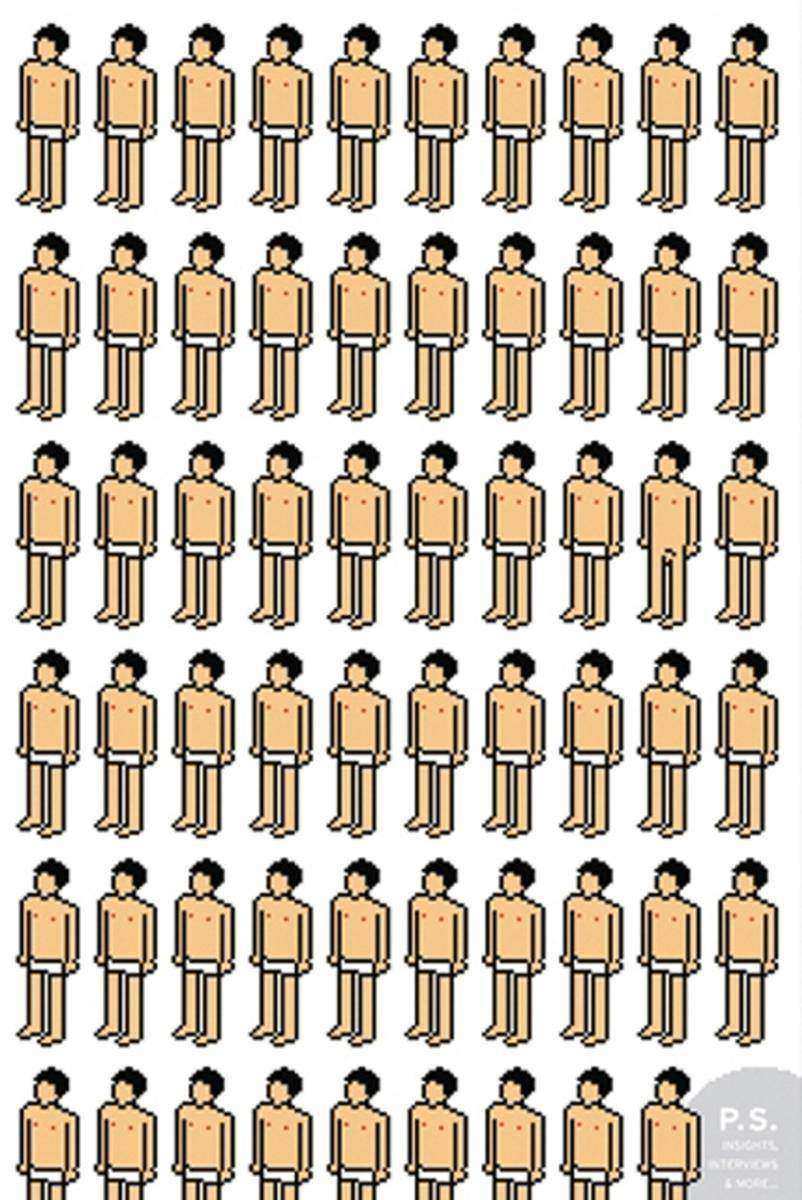
Microserfs
¥88.56
They are Microserfs—six code-crunching computer whizzes who spend upward of sixteen hours a day "coding" and eating "flat" foods (food which, like Kraft singles, can be passed underneath closed doors) as they fearfully scan company e-mail to learn whether the great Bill is going to "flame" one of them. But now there's a chance to become innovators instead of cogs in the gargantuan Microsoft machine. The intrepid Microserfs are striking out on their own—living together in a shared digital flophouse as they desperately try to cultivate well-rounded lives and find love amid the dislocated, subhuman whir and buzz of their computer-driven world.

The Virgin Cure
¥88.56
From the author of the number one Canadian bestseller The Birth House comes the story of a young girl abandoned to the streets of post-Civil War New York City. "I am Moth, a girl from the lowest part of Chrystie Street, born to a slum-house mystic and the man who broke her heart."Set on the streets of Lower Manhattan in 1871, The Virgin Cure is the story of Moth, a girl abandoned by her father and raised by a mother telling fortunes to the city's desperate women. One summer night, twelve-year-old Moth is pulled from her bed and sold as a servant to a finely dressed woman. It is this betrayal suffered at the hands of her own mother that changes her life forever.Knowing that her mother is so close while she is locked away in servitude, Moth bides her time until she can escape, only to find her old home deserted and her mother gone without a trace. Moth must struggle to survive alone in the murky world of the Bowery, a wild and lawless enclave filled with thieves, beggars, sideshow freaks, and prostitutes. She eventually meets Miss Everett, the proprietress of an "Infant School," a brothel that caters to gentlemen who pay dearly for "willing and clean" companions—desirable young virgins like Moth.Moth also finds friendship with Dr. Sadie, a female physician struggling against the powerful forces of injustice, who teaches Moth to question and observe the world around her. The doctor hopes to protect Moth from falling prey to a terrible myth known as the "virgin cure"—the tragic belief that deflowering a "fresh maid" can cleanse the blood and heal men afflicted with syphilis—that has destroyed the lives of other Bowery girls.Ignored by society, unprotected by the law, Moth dreams of independence. But there's a high price to pay for freedom, and no one knows that better than a girl from Chrystie Street.
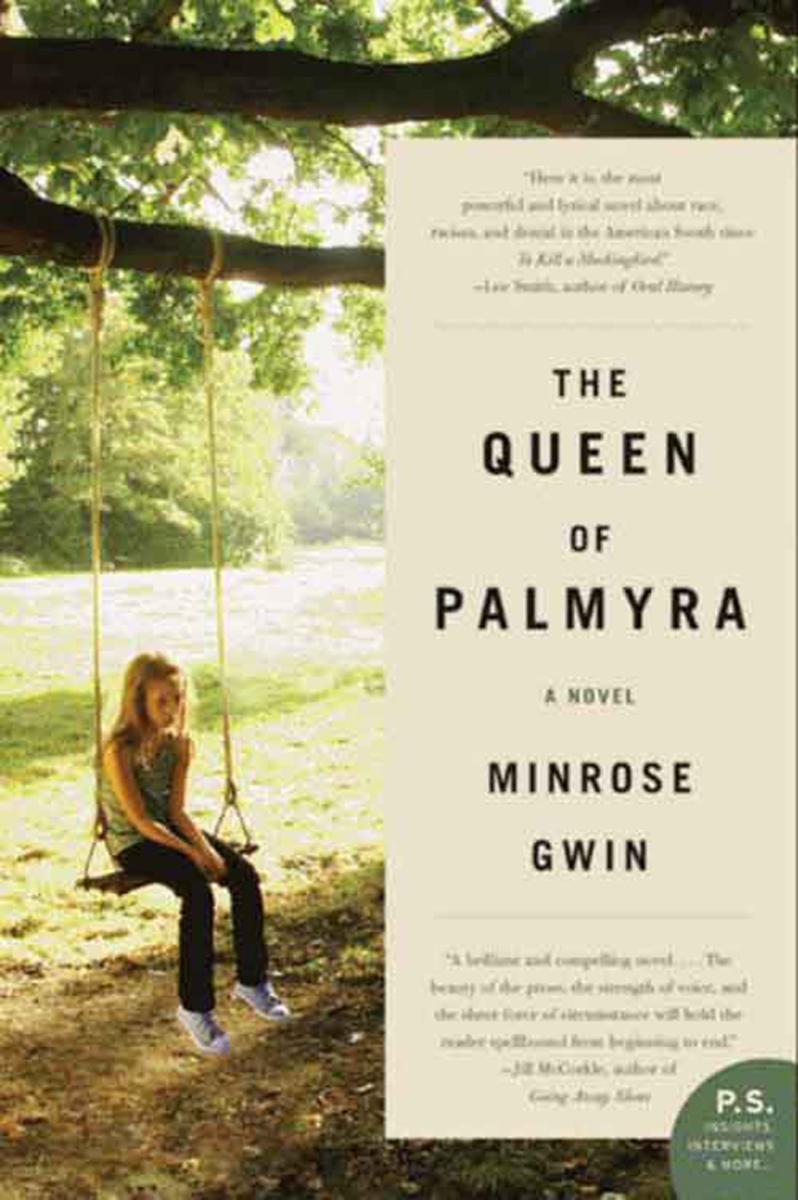
The Queen of Palmyra
¥88.56
"I need you to understand how ordinary it all was. . . ." In the turbulent southern summer of 1963, Millwood's white population steers clear of "Shake Rag," the black section of town. Young Florence Forrest is one of the few who crosses the line. The daughter of a burial insurance salesman with dark secrets and the town's "cake lady," whose backcountry bootleg runs lead further and further away from a brutal marriage, Florence attaches herself to her grandparents' longtime maid, Zenie Johnson. Named for Zenobia, Queen of Palmyra, Zenie treats the unwanted girl as just another chore, while telling her stories of the legendary queen's courage and cunning. The more time Florence spends in Shake Rag, the more she recognizes how completely race divides her town, and her story, far from ordinary, bears witness to the truth and brutality of her times—a truth brought to a shattering conclusion when Zenie's vibrant college-student niece, Eva Greene, arrives that fateful Mississippi summer.Minrose Gwin's The Queen of Palmyra is an unforgettable evocation of a time and a place in America—a nuanced, gripping story of race and identity.
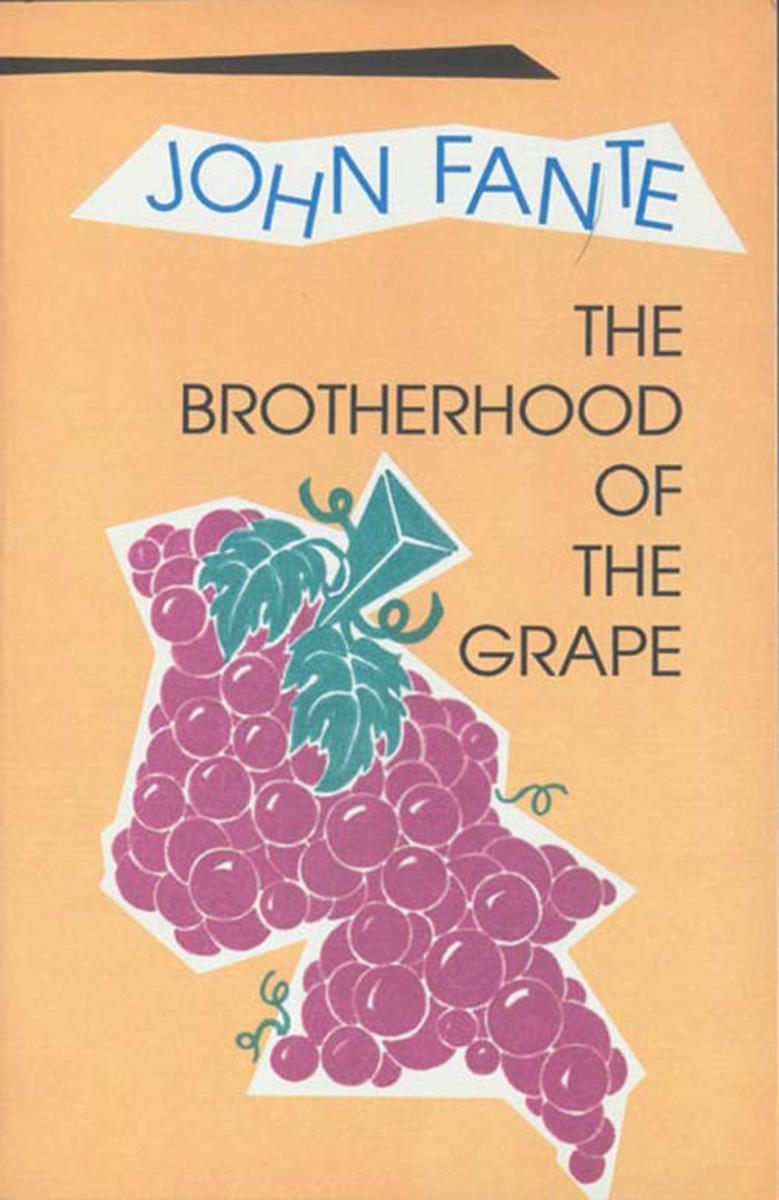
The Brotherhood of the Grape
¥88.56
Henry Molise, a 50 year old, successful writer, returns to the family home to help with the latest drama; his aging parents want to divorce. Henry's tyrannical, brick laying father, Nick, though weak and alcoholic, can still strike fear into the hearts of his sons. His mother, though ill and devout to her Catholicism, still has the power to comfort and confuse her children. This is typical of Fante's novels, it's autobiographical, and brimming with love, death, violence and religion. Writing with great passion Fante powerfully hits home the damage family can wreck upon us all.
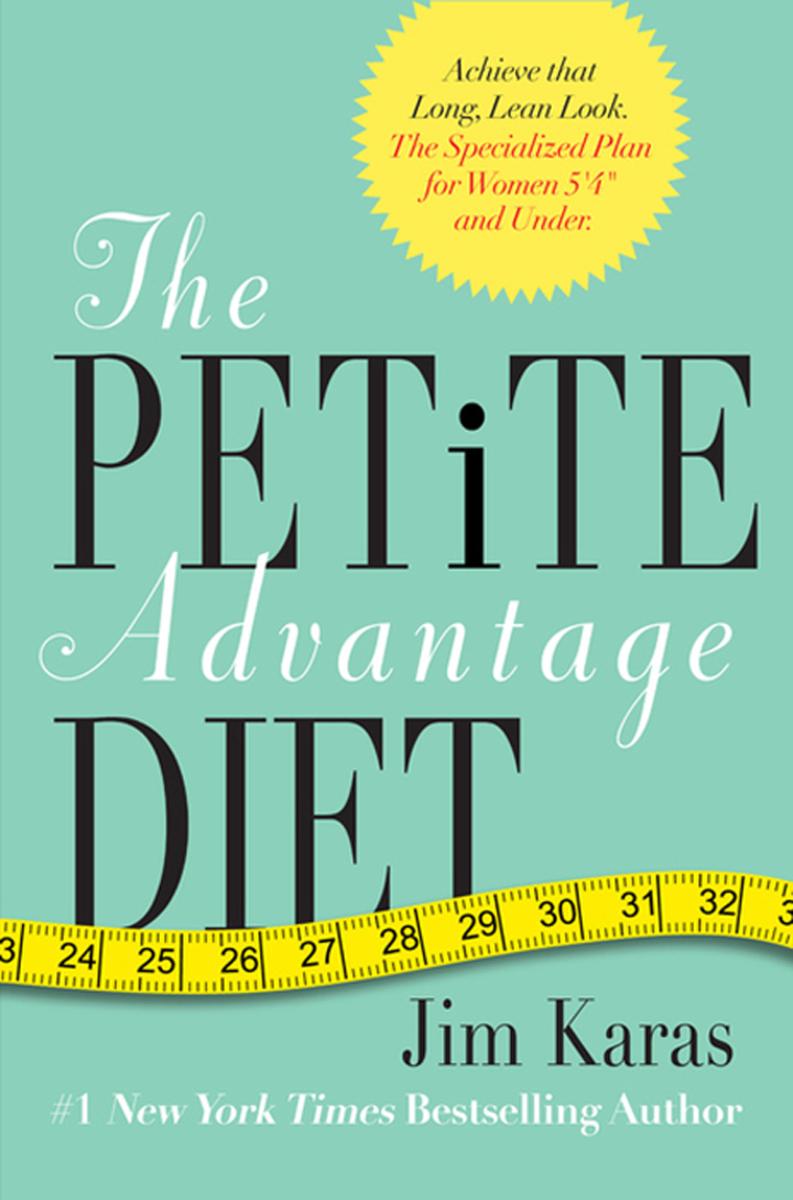
The Petite Advantage Diet
¥88.56
They make clothes for “Petites” so why not a specialized diet planYou’re smaller, you’re more delicate, you’re 5'4" or under, yet you’re expected to follow a diet plan for the taller girls. What’s wrong with that?“A lot,” says Jim Karas, author of the number one New York Times bestseller The Business Plan for the Body. For over twenty years, Karas has helped the Petites. He makes them longer (without the rack). He makes them leaner (without starving) and he makes them feel more confident and sexier than they have ever felt before. WhyBecause he knows how to get results specifically for you . . . a “Petite”. . . and get them fast. “I understand you,” says Karas. “I know you are watching your taller friends and colleagues eat more than you do but stay slim.” Fact: you do have to eat less, because a Petite needs only about 1,600 calories a day (compared to 2,500 calories for a taller woman) and is therefore naturally more prone to gain weight. But you are looking at the glass only as half empty. Thee glass, according to Karas, is really half full. Being a Petite has huge advantages such as:You can work out more effectively than a taller woman because your muscle-to-height ratio is greater; translation—better opportunity to boost your metabolismYour center of gravity is lower, and therefore you are less likely to injure yourself when you’re working out, andYou can create that sexy hour-glass figure that taller women can’t achieve. Think Penelope Cruz (5’4”) and Dolly Parton (5’0”). Both are gorgeous members of “The Petites,” whose bodies rock.Karas has worked with women of all heights and sizes for more than twenty years, and has perfected strategies that bring effective and lasting fat loss for Petites. Based on solid, recent research, coupled with his passion for creating concrete solutions, Karas has crafted a program specially designed to help you create a longer, leaner, sexier body. Petites, you’re gonna love it!

Peachtree Road
¥88.56
Headstrong, exuberant, and independent, Lucy Bondurant is a devastating beauty who will never become the demure Southern lady her mother and society demand. Sheppard Gibbs Bondurant III, Lucy's older cousin, is too shy and bookish to become the classically suave and gregarious Southern gentleman his family expects. Growing up together in a sprawling home on Atlanta's Peachtree Road, these two will be united by fierce love and hate, and by rebellion against the narrow aristocratic society into which they were born. Anne Rivers Siddons's classic novel vividly brings to life their mesmerizing, unforgettable story—set against the dramatic changing landscape of Atlanta, a sleepy city destined for greatness.
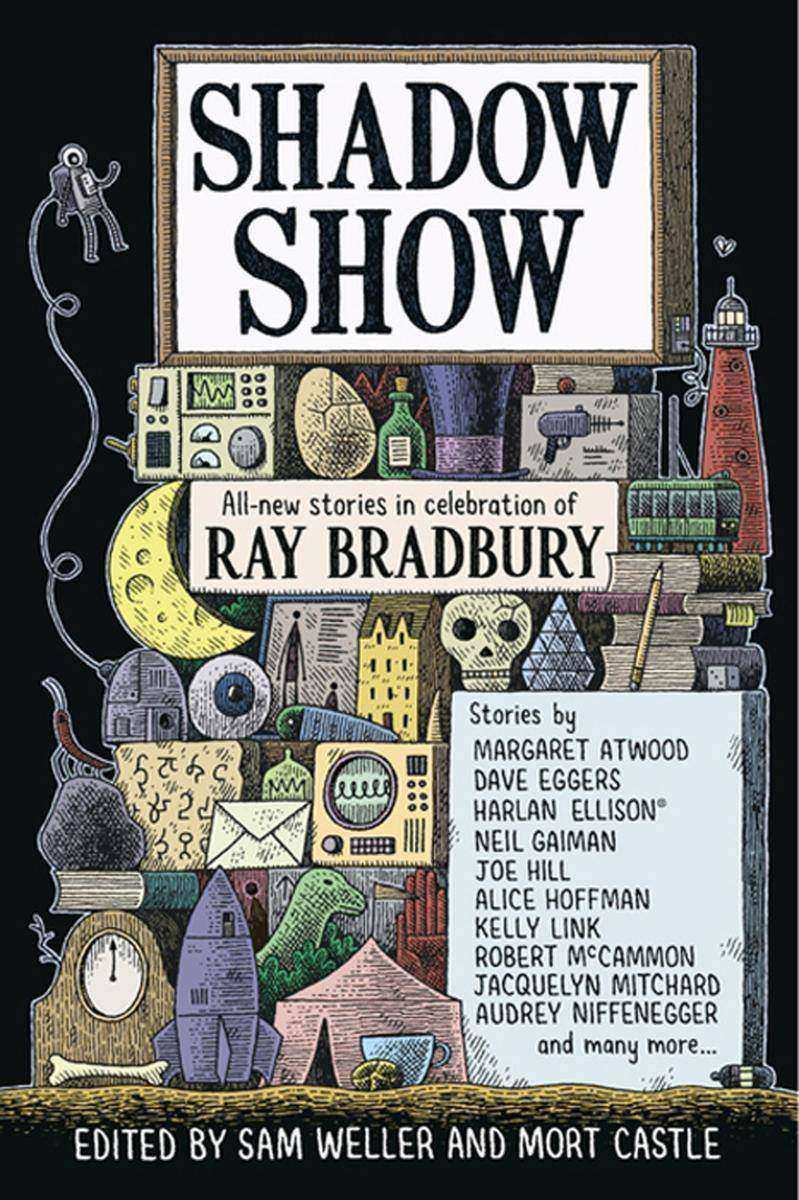
Shadow Show
¥88.56
What do you imagine when you hear the name . . . Bradbury?You might see rockets to Mars. Or bizarre circuses where otherworldly acts whirl in the center ring. Perhaps you travel to a dystopian future, where books are set ablaze . . . or to an out-of-the-way sideshow, where animated illustrations crawl across human skin. Or maybe, suddenly, you're returned to a simpler time in small-town America, where summer perfumes the air and life is almost perfect . . . almost.Ray Bradbury—peerless storyteller, poet of the impossible, and one of America's most beloved authors—is a literary giant whose remarkable career has spanned seven decades. Now twenty-six of today's most diverse and celebrated authors offer new short works in honor of the master; stories of heart, intelligence, and dark wonder from a remarkable range of creative artists.
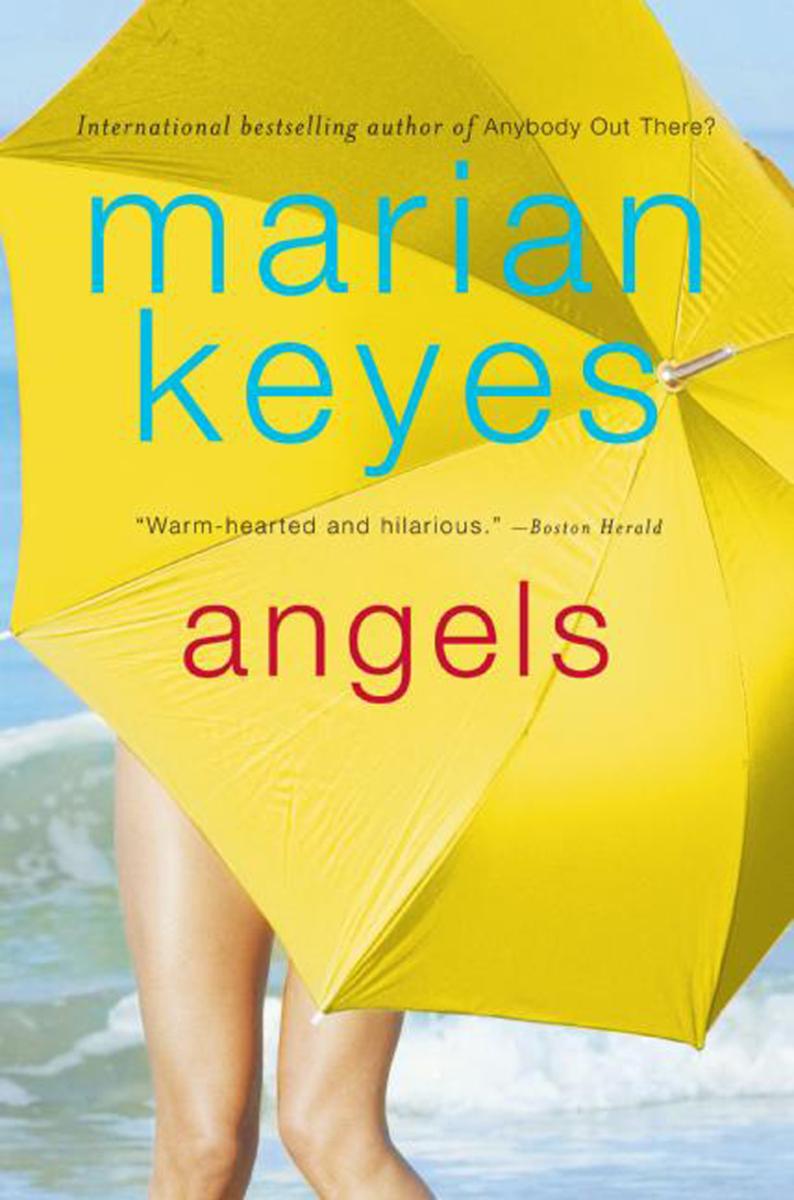
Angels
¥88.56
After catching her husband having an affair and being fired from her job, Maggie Walsh suddenly finds her perfectly organized existence has become a perfect mess. She decides, for the first time in her life, to do something daring -- and flees to her best friend, Emily, in the faraway wonderland of Los Angeles. In this mecca of tanned, beautiful bodies, unsvelte, uncool Maggie is decidedly a fish out of water. Yet, overnight, she's mixing with film folk, pitching *s, even experimenting with sex -- and discovering that the end of a marriage is not the end of the world.
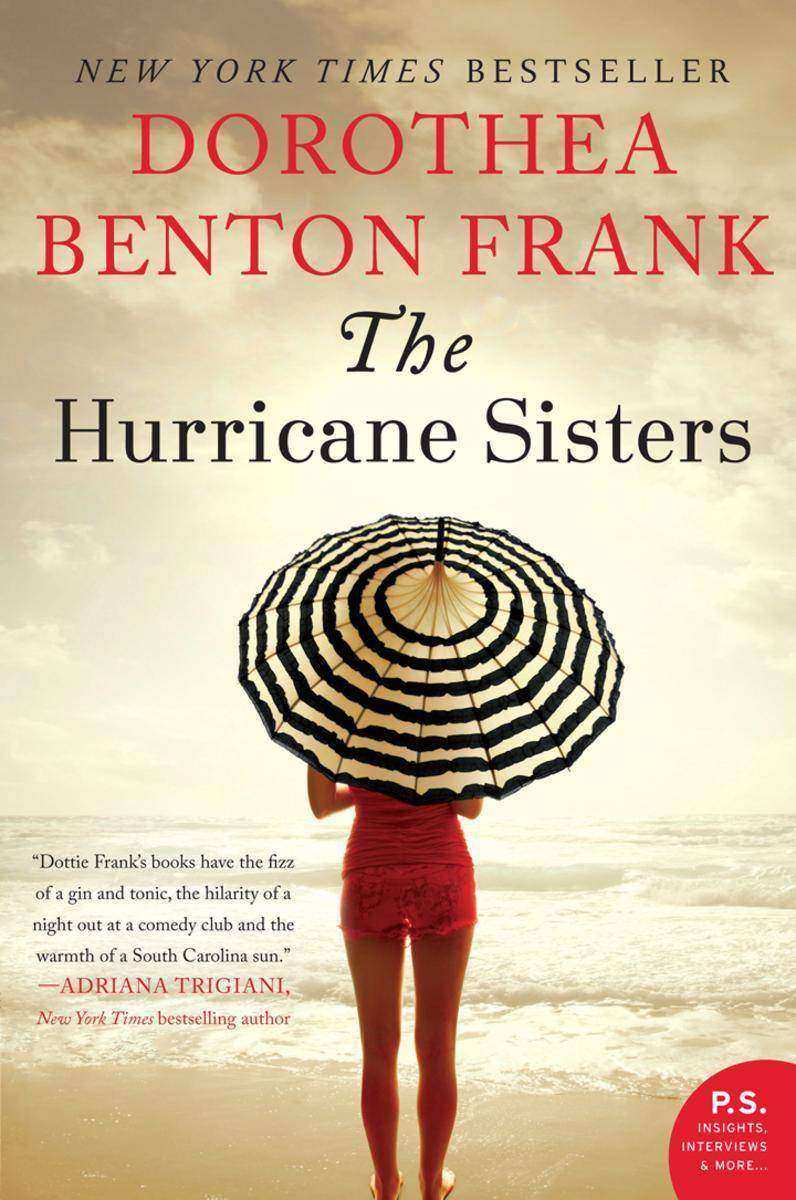
The Hurricane Sisters
¥88.56
This e-book edition of the New York Times bestselling novel The Hurricane Sisters includes an excerpt from Frank's new novel, All the Single Ladies.Hurricane season begins early and rumbles all summer long, well into September. Often people's lives reflect the weather and The Hurricane Sisters is just such a story.Once again Dorothea Benton Frank takes us deep into the heart of her magical South Carolina Lowcountry on a tumultuous journey filled with longings, disappointments, and, finally, a road toward happiness that is hard earned. There we meet three generations of women buried in secrets. The determined matriarch, Maisie Pringle, at eighty, is a force to be reckoned with because she will have the final word on everything, especially when she's dead wrong. Her daughter, Liz, is caught up in the classic maelstrom of being middle-age and in an emotionally demanding career that will eventually open all their eyes to a terrible truth. And Liz's beautiful twenty-something daughter, Ashley, whose dreamy ambitions of her unlikely future keeps them all at odds.Luckily for Ashley, her wonderful older brother, Ivy, is her fierce champion but he can only do so much from San Francisco where he resides with his partner. And Mary Beth, her dearest friend, tries to have her back but even she can't talk headstrong Ashley out of a relationship with an ambitious politician who seems slightly too old for her.Actually, Ashley and Mary Beth have yet to launch themselves into solvency. Their prospects seem bleak. So while they wait for the world to discover them and deliver them from a ramen-based existence, they placate themselves with a hare-brained scheme to make money but one that threatens to land them in huge trouble with the authorities.So where is Clayton, Liz's husbandHe seems more distracted than usual. Ashley desperately needs her father's love and attention but what kind of a parent can he be to Ashley with one foot in Manhattan and the other one planted in indiscretionAnd Liz, who's an expert in the field of troubled domestic life, refuses to acknowledge Ashley's precarious situation. Who's in charge of this familyThe wake-up call is about to arrive.The Lowcountry has endured its share of war and bloodshed like the rest of the South, but this storm season we watch Maisie, Liz, Ashley, and Mary Beth deal with challenges that demand they face the truth about themselves. After a terrible confrontation they are forced to rise to forgiveness, but can they establish a new order for the future of them all?Frank, with her hallmark scintillating wit and crisp insight, captures how a complex family of disparate characters and their close friends can overcome anything through the power of love and reconciliation. This is the often hilarious, sometimes sobering, but always entertaining story of how these unforgettable women became The Hurricane Sisters.
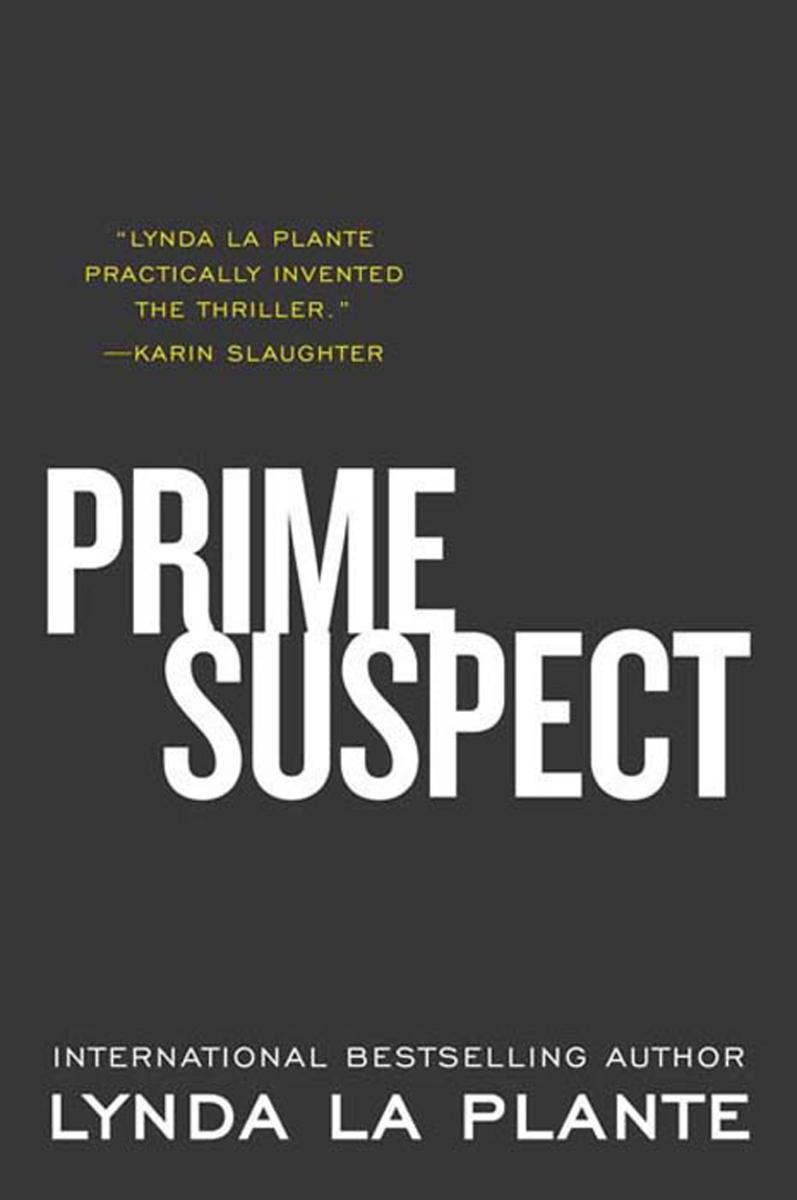
Prime Suspect
¥88.56
The moment Jane Tennison takes over Scotland Yard's investigation into the death of sex worker Della Mornay, two grim facts become immediately clear to her. First, that the constabulary's old boy club is determined to hinder, harass, and undermine the new female Detective Chief Inspector at every turn. And second, that their murder victim isn't Della Mornay.Now the police are a step behind, and a madman is loose on the streets of London. To apprehend the criminal stalking women through the city's shadows, Tennison will have to steel herself against the hostility of her fellow officers and conceal her own mounting obsession?with breaking through the glass ceiling of the station house—even as department politics, a crumbling relationship, and a wickedly elusive prime suspect threaten her very existence.A dark and riveting race against the clock, Prime Suspect is an unforgettable introduction to this bestselling series from Edgar Award-winning author Lynda La Plante.
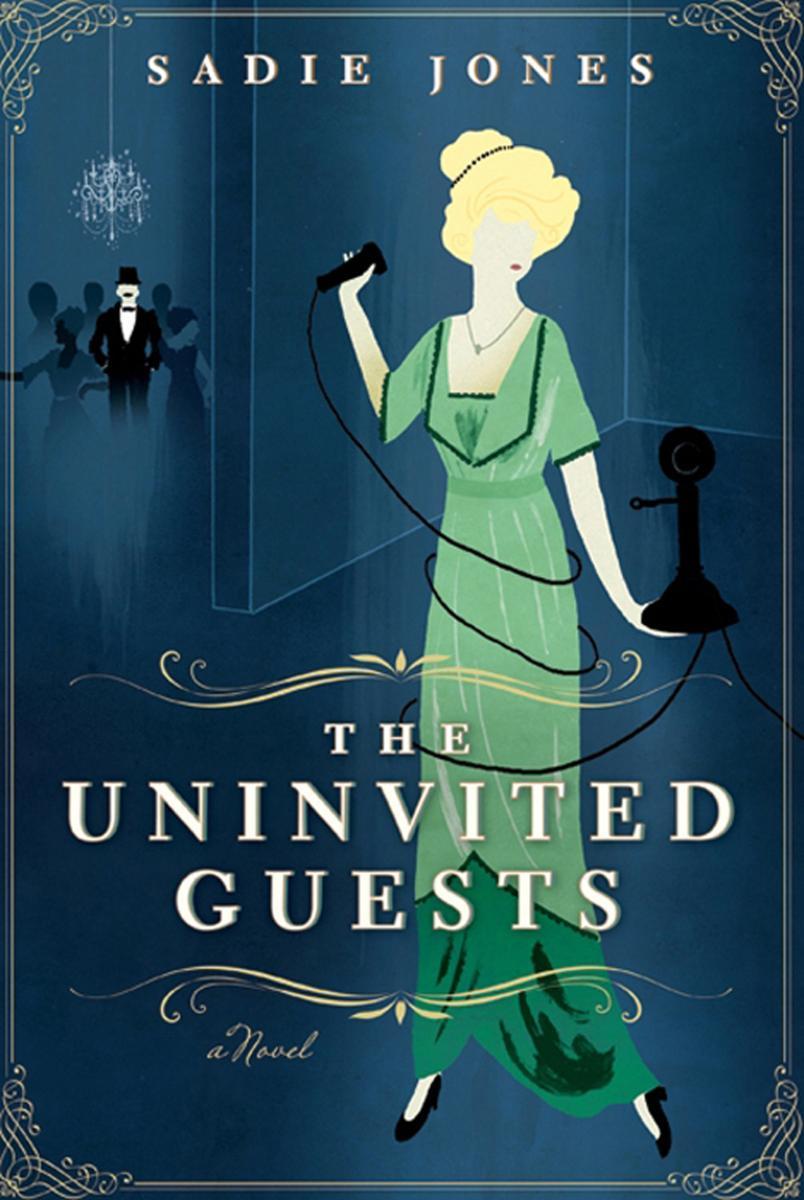
The Uninvited Guests
¥88.56
One late spring evening in 1912, in the kitchens at Sterne, preparations begin for an elegant supper party in honor of Emerald Torrington's twentieth birthday. But only a few miles away, a dreadful accident propels a crowd of mysterious and not altogether savory survivors to seek shelter at the ramshackle manor—and the household is thrown into confusion and mischief.The cook toils over mock turtle soup and a chocolate cake covered with green sugar roses, which the hungry band of visitors is not invited to taste. But nothing, it seems, will go according to plan. As the passengers wearily search for rest, the house undergoes a strange transformation. One of their number (who is most definitely not a gentleman) makes it his business to join the birthday revels.Evening turns to stormy night, and a most unpleasant parlor game threatens to blow respectability to smithereens: Smudge Torrington, the wayward youngest daughter of the house, decides that this is the perfect moment for her Great Undertaking.The Uninvited Guests is the bewitching new novel from the critically acclaimed Sadie Jones. The prizewinning author triumphs in this frightening yet delicious drama of dark surprises—where social codes are uprooted and desire daringly trumps propriety—and all is alight with Edwardian wit and opulence.
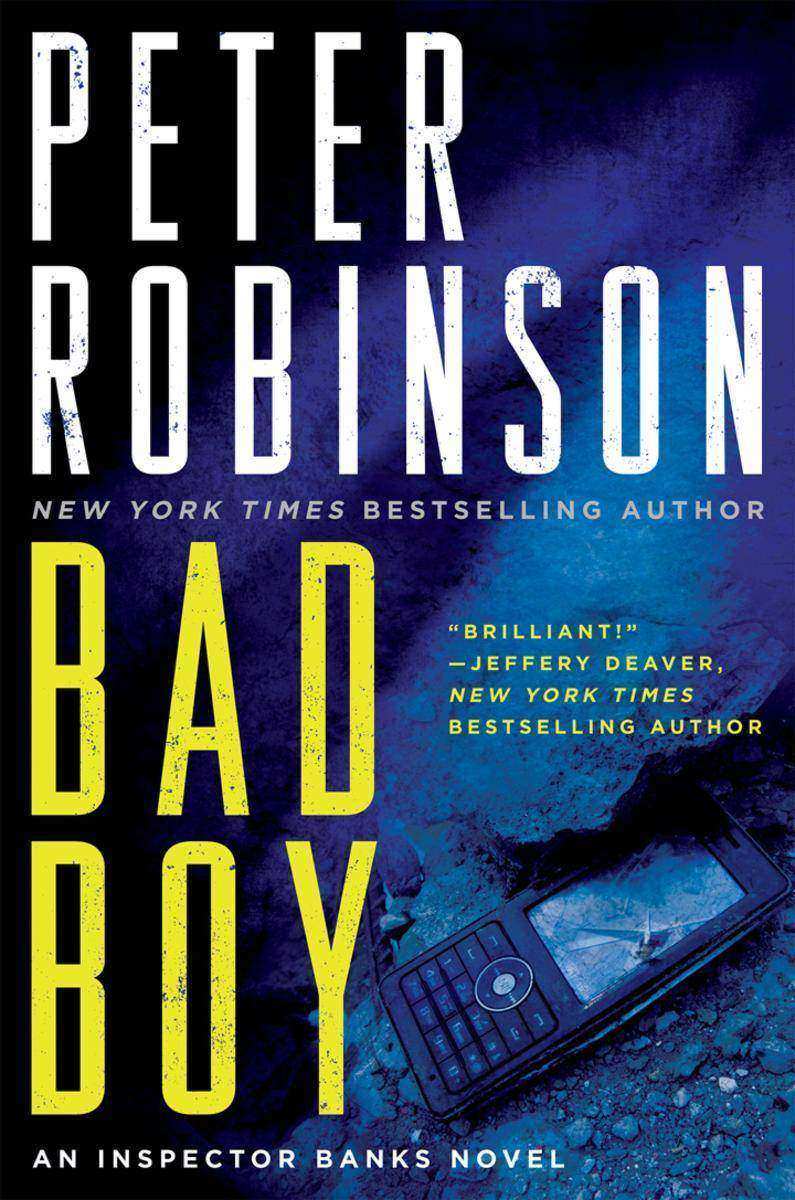
Bad Boy
¥88.56
LOUISE PENNY calls Peter Robinson's new novel In the Dark Places a "thrilling, brilliantly plotted, beautifully paced" read. Available August 11, 2015—preorder your copy today!Acclaimed internationally bestselling author Peter Robinson delivers a fast-paced, nail-biting thriller in which Detective Chief Inspector Alan Banks must face his most challenging and personal case yetA distraught woman arrives at the Eastvale police station desperate to speak to Detective Chief Inspector Alan Banks. But since Banks is away on holiday, his partner, Annie Cabbot, steps in. The woman tells Annie that she's found a loaded gun hidden in the bedroom of her daughter, Erin—a punishable offense under English law. When an armed response team breaks into the house to retrieve the weapon, the seemingly straightforward procedure quickly spirals out of control.But trouble is only beginning for Annie, the Eastvale force, and Banks, and this time, the fallout may finally do the iconoclastic inspector in. For it turns out that Erin's best friend and roommate is none other than Tracy Banks, the DCI's daughter, who was last seen racing off to warn the owner of the gun, a very bad boy indeed.Thrust into a complicated and dangerous case intertwining the personal and the professional as never before, Annie and Banks—a bit of a bad boy himself—must risk everything to outsmart a smooth and devious psychopath. Both Annie and Banks understand that it's not just his career hanging in the balance, it's also his daughter's life.
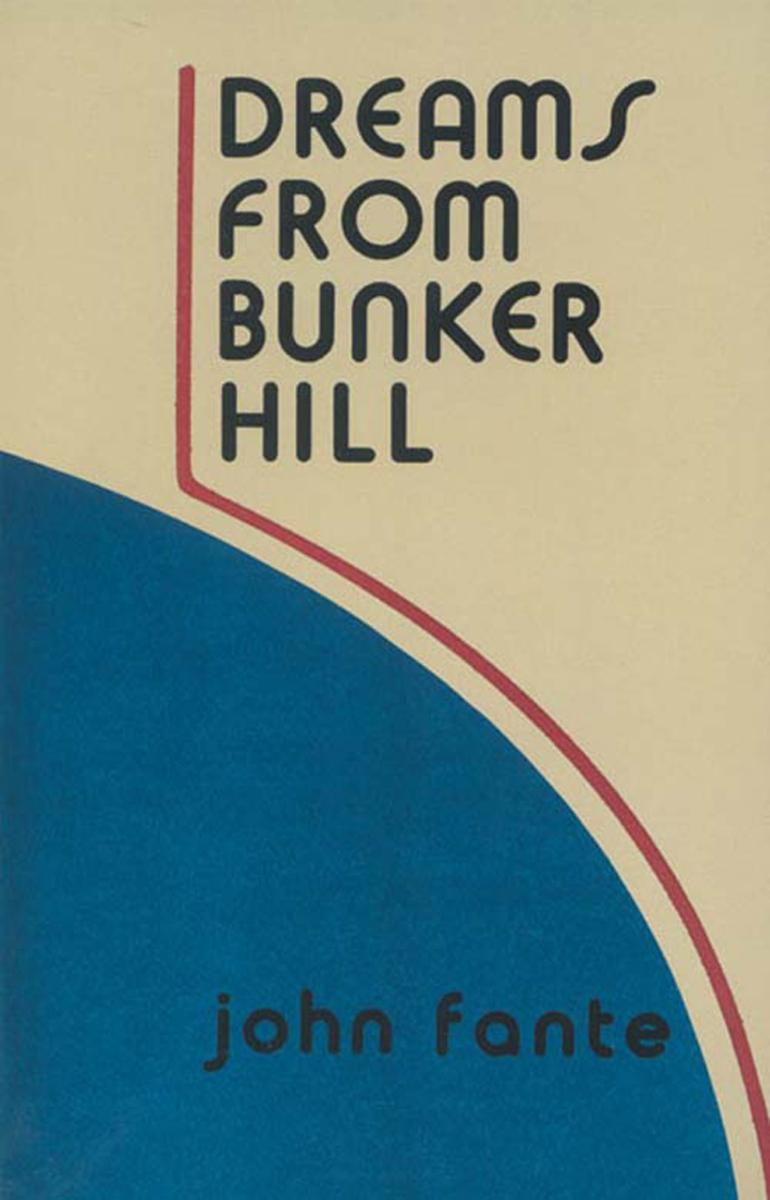
Dreams from Bunker Hill
¥88.56
My first collision with fame was hardly memorable. I was a busboy at Marx's Deli. The year was 1934. The place was Third and Hill, Los Angeles. I was twenty-one years old, living in a world bounded on the west by Bunker Hill, on the east by Los Angeles Street, on the south by Pershing Square, and on the north by Civic Center. I was a busboy nonpareil, with great verve and style for the profession, and though I was dreadfully underpaid (one dollar a day plus meals) I attracted considerable attention as I whirled from table to table, balancing a tray on one hand, and eliciting smiles from my customers. I had something else beside a waiter's skill to offer my patrons, for I was also a writer.
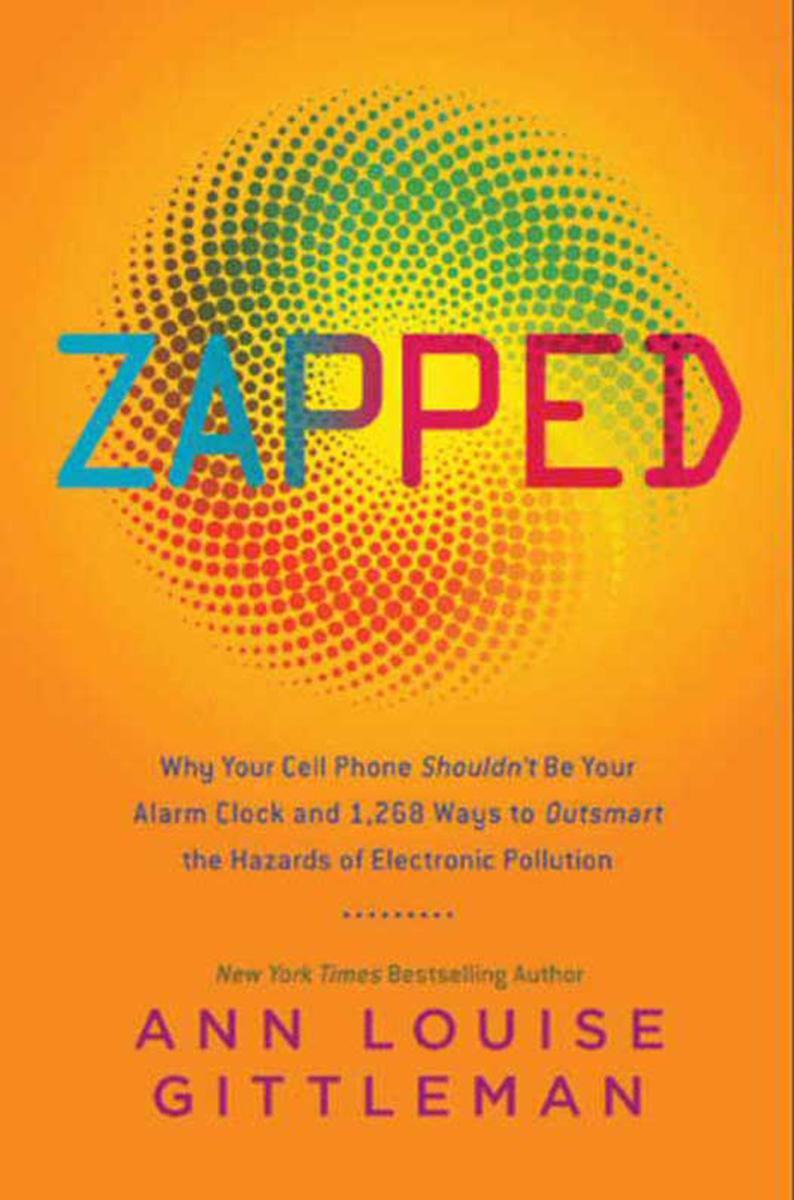
Zapped
¥88.56
How many electronic innovations have you dialed, watched, surfed, charged, listed to, booted up, commuted on, cooked with, and plugged in today?Consider your typical day: If you're like most people, it probably starts in front of your coffee maker and toaster, ends as you set the alarm on your cell phone, and involves no end of computers and gadgets, televisions and microwaves in between.We're being zapped: Today 84 percent of Americans own a cell phone, 89 million of us watch TV beamed in by satellite, and we can't sip a cup of coffee at our local café without being exposed to Wi-Fi. The very electronic innovations that have changed our lives are also exposing us, in ways big and small, to an unprecedented number of electromagnetic fields. Invisible pollution surrounds us twenty-four hours a day, seven days a week, interrupting our bodies' natural flow of energy. And for some, that pollution has reached the point of toxicity, causing fatigue, irritability, weakness, and even illness.But we don't have to simply surrender. Ann Louise Gittleman brings forth the latest research into electro-magnetic fields to create this groundbreaking guide for every citizen of the wireless age. With the proactive, levelheaded approach that has made her one of our most respected health experts, she not only clarifies the risks but also offers specific, step-by-step information for how anyone can minimize them. From where you place your sofa to when you use your cell phone to what you eat for dinner, Zapped is packed with strategies for avoiding and mitigating the damaging effects of electropollution.As she examines modern life room by room, device by device, Gittleman reveals a master plan for detoxifying your surroundings and protecting yourself and your family.We don't need to abandon our homes—or even give up our PDAs—to be healthier and happier. Based on the latest scientific data, case studies, and Gittleman's years of clinical practice, Zapped is an empowering guide to living safely with the gadgets we can't live without.

Reality Therapy
¥88.56
Glasser's classic bestseller, with more than 500,000 copies sold, examines his alternative to Freudian psychoanalytic procedures, explains the procedure, contrasts it to conventional treatment, and describes different individual cases in which it was successful.
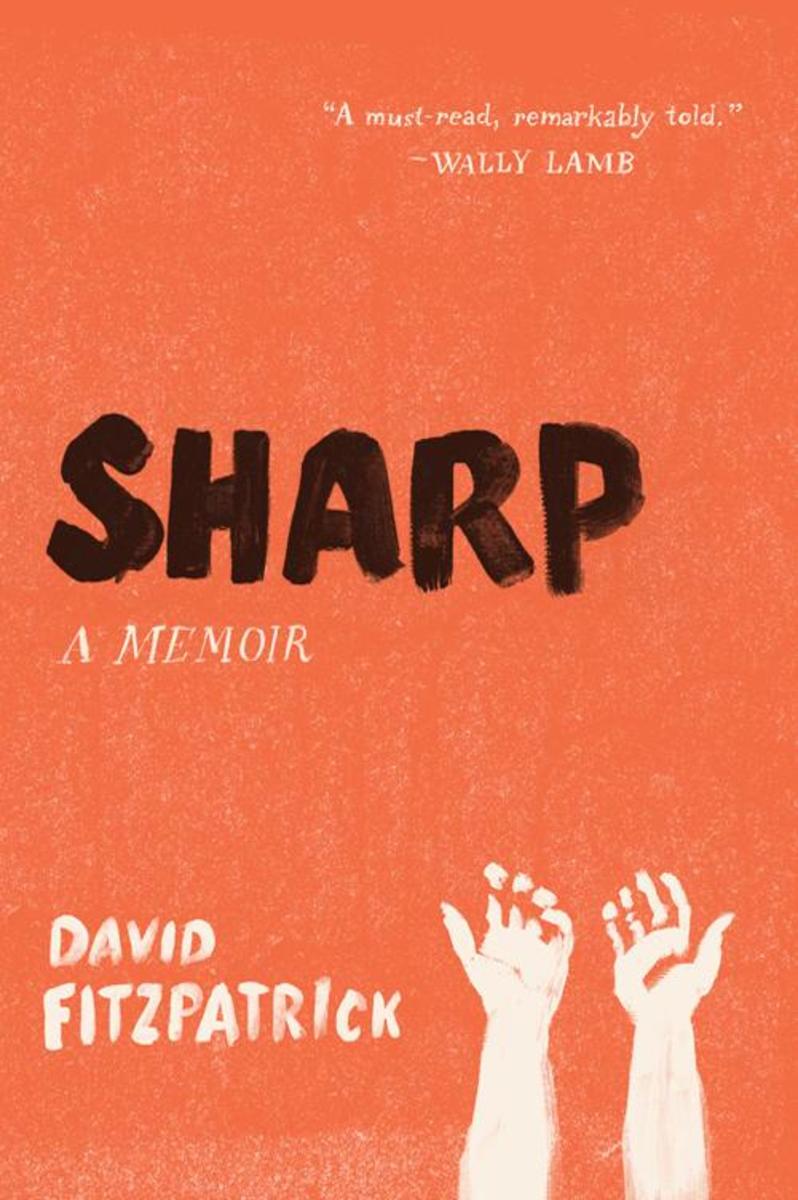
Sharp
¥88.56
"Endorphins sped through me. I spun around, growing dizzy, frantic, and silly. I wasn't drunk, but I felt a nice stoned feeling, sans paranoia, and I thought, 'I believe I've found my new pharmaceutical deep inside.' I giggled fearlessly, manically at this and looked down at myself; hands, arms, chest, and belly covered in crimson . . . "Sharp is the story of a young man who began his life with a loving family and great promise for the future. But in his early twenties, David Fitzpatrick became so consumed by mental illness it sent him into a frenzy of cutting himself with razor blades. In this shocking and often moving book, he vividly describes the rush this act gave him, the fleeting euphoric high that seemed to fill the spaces in the rest of his life. It started a difficult battle from which he would later emerge triumphant and spiritually renewed.Fitzpatrick's youth seemed ideal. He was athletic, handsome, and intelligent. However, he lived in fear of an older brother who taunted and belittled him; and in college, his roommates teased and humiliated him, further damaging what sense of self-esteem he still carried with him. As he shares these experiences, Fitzpatrick also recounts the lessons learned from the broken people he encountered during his journey knowledge that led to his own emotional resurrection. Sharp also demonstrates the awakening of a writer's instinctive voice. With prose that is tough and gritty, profound and insightful, Fitzpatrick takes us inside his head while he manically cuts himself, but these episodes are presented with a dignity and insight that has never been seen before. His writing also possesses a lightness of touch that brings humor to a subject that doesn't naturally provide it. Above all else, Sharp is a tale of hope, a soul-baring quest of a lost man who returns to himself, overcomes his demons, and reclaims his life. It is destined to become a classic memoir.
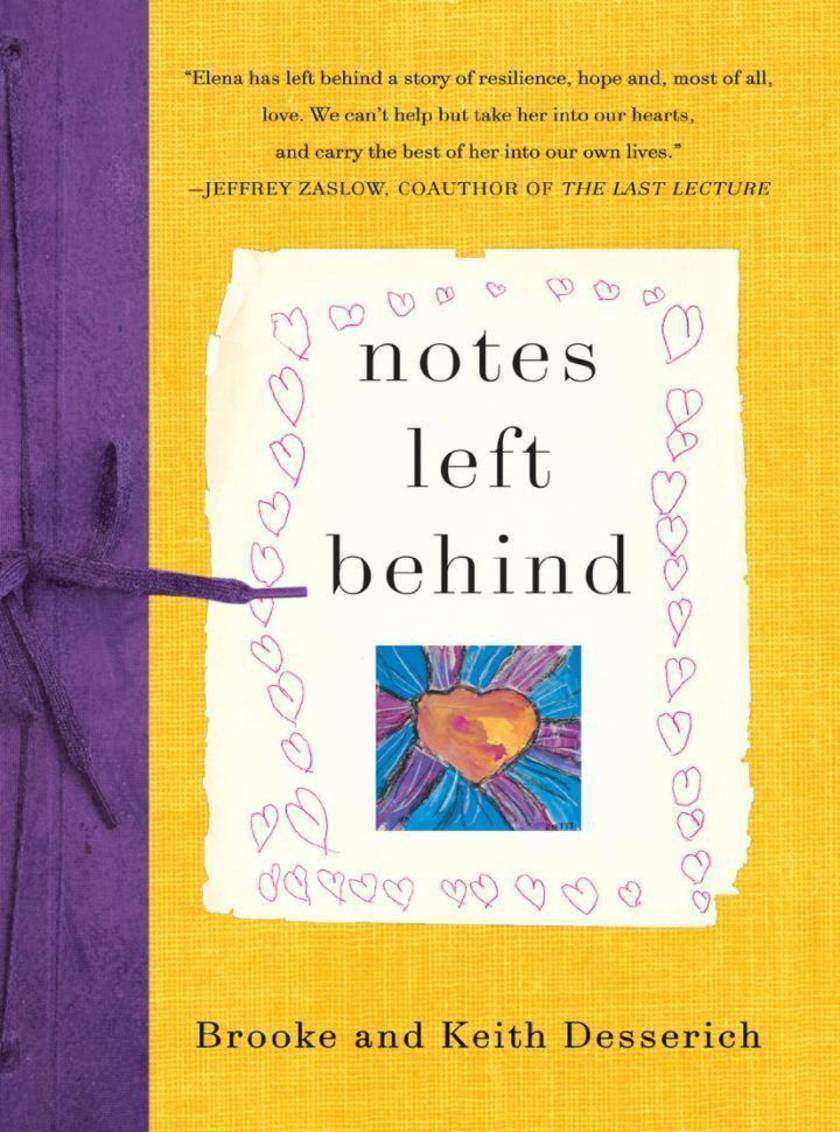
Notes Left Behind
¥88.56
Elena Desserich dreamed of becoming a teacher. Although her time on this earth was far too short to fulfill her dream, she left behind an enlightening lesson plan on life. Wise beyond her years, Elena never stopped teaching those around her to appreciate the miracle of everyday living even as the innocent six-year-old battled a rare form of brain cancer. Through personal and candid journal entries written as a remembrance for Elena's younger sister, Brooke and Keith Desserich share their emotional journey as they negotiated their contradictory impulses to fight Elena's cancer at all costs and realized the inevitable outcome. Page by page, this journal is a reminder to parents everywhere to appreciate and savor every precious moment they have with their own children.Notes Left Behind tells a story of humility and inspiration. From the time of her diagnosis, Elena accomplished a truly spectacular series of wishes, big and small, that she alone created, from riding in a horse-drawn carriage to painting a masterpiece that would hang in an art museum. Her life motivated the creation of the foundation that today helps children everywhere in their fight against cancer. Included in the pages of this book are Elena's private messages that she secretly hid around her home, knowing her family would find them when she was gone. These notes show us how even during the darker moments of life, it is possible to find hope and encouragement through selfless love.
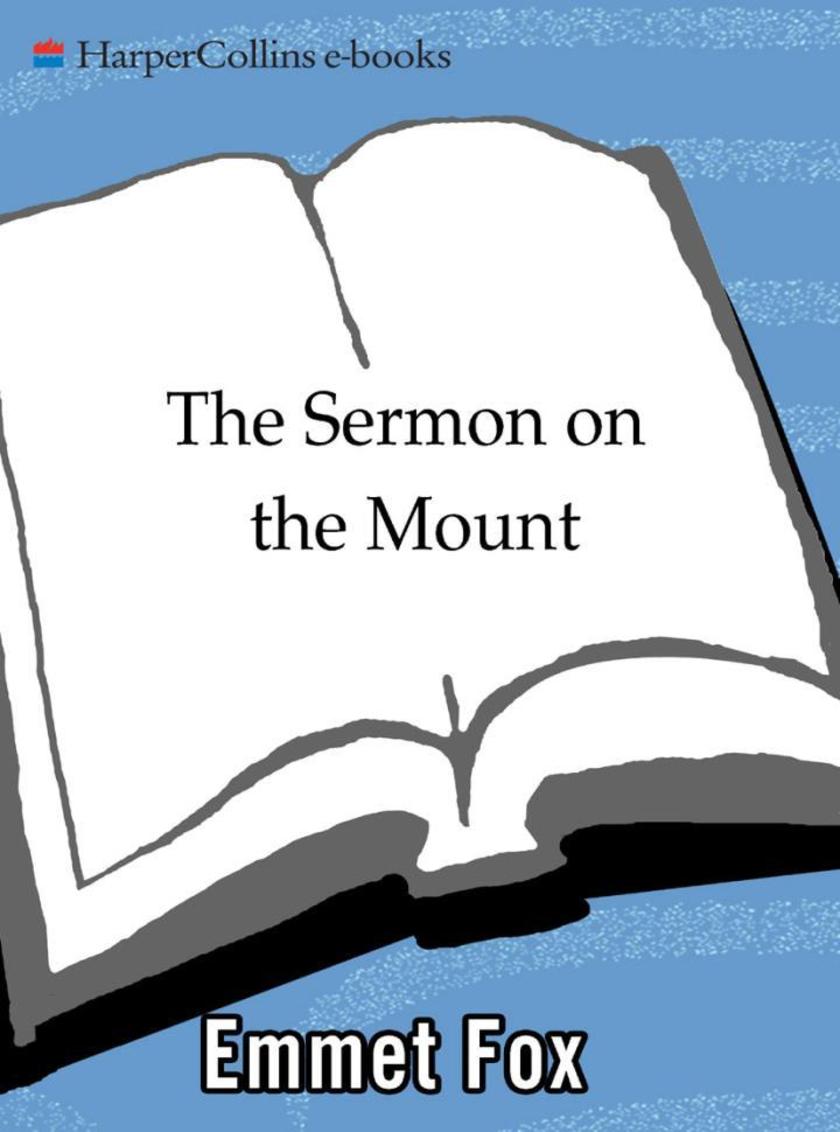
The Sermon on the Mount
¥88.56
What did Jesus teachDistilled from years of study and lecture, affirmed by nearly a million readers over the last fifty years, Emmet Fox's answer in The Sermon on the Mount is simple. The Bible is a "textbook of metaphysics" and the teachings of Jesus express--without dogma--a practical approach for the development of the soul and for the shaping of our lives into what we really wish them to be. For Fox, Jesus was "no sentimental dreamer, no mere dealer in empty platitudes, but the unflinching realist that only a great mystic can be."In his most popular work, Emmet Fox shows how to: Understand the true nature of divine wisdom. Tap into the power of prayer. Develop a completely integrated and fully expressed personality. Transform negative attitudes into life-affirming beliefs. Claim our divine right to the full abundance of life.
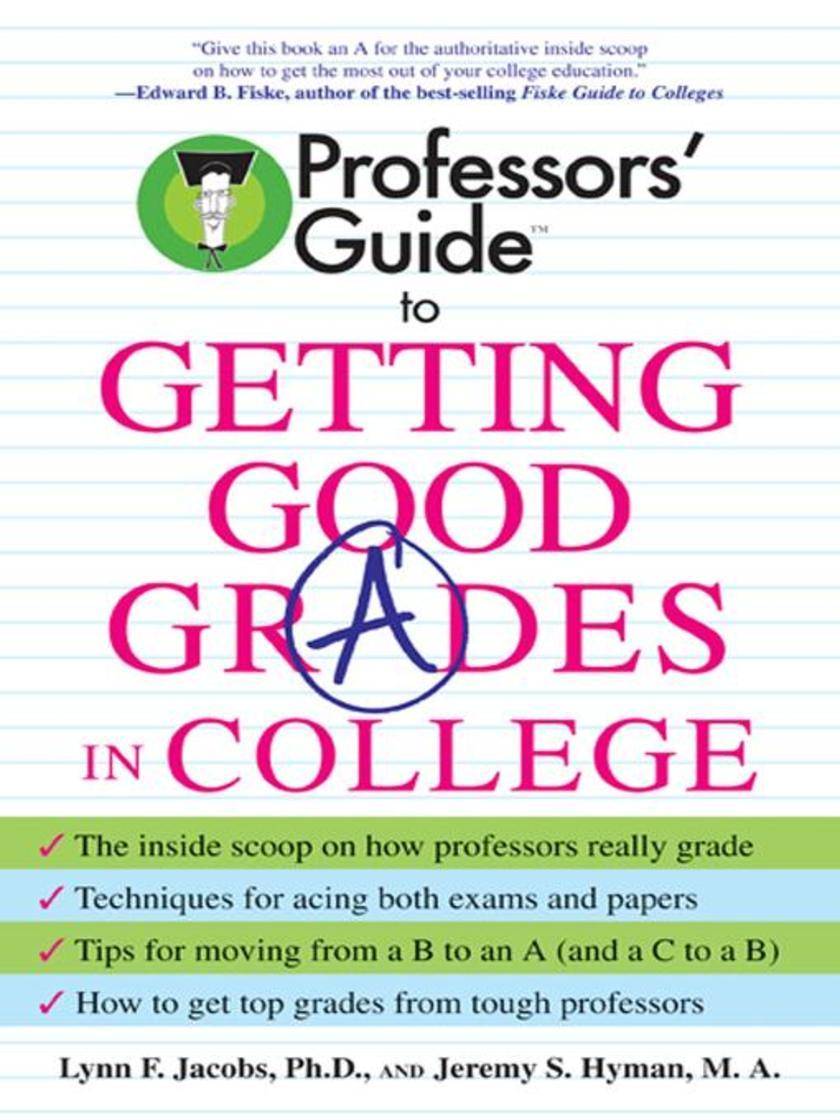
Professors' Guide(TM) to Getting Good Grades in College
¥88.56
The Professors' Guide to Getting Good Grades in College is the first book to reveal the insider secrets about how professors really grade. The book offers high-value, practical tips about how to succeed at each of the five "grade-bearing" moments of the semester: (1) The Start (2) The Class (3) The Exam (4) The Paper and (5) The Last Month of the Semester. Fast-paced, entertaining, and easy-to-follow, the Professors' Guide will help you get truly excellent grades in college.

Not Young, Still Restless
¥88.56
The long-awaited memoir from one of daytime television's most celebrated and beloved actresses.Three or four days a week, Jeanne Cooper drives from her Hollywood Hills home to the job she's held for more than three decades: bringing life to the character of Katherine Chancellor, the outspoken, powerful, and insanely wealthy force of nature who, along with Jeanne herself, has become a legend in the world of daytime television and its number-one show, The Young and the Restless.Now, for the first time, her fans will get to know the woman behind the iconic character. With her signature fearlessness, honesty, and humor, Jeanne chronicles her long tenure in Hollywood and describes her life before, during, and away from the CBS soundstage.Not Young, Still Restless follows Jeanne as she makes her way from small-town Taft, California, to the heart of the Los Angeles movie industry, where the list of her feature-film costars reads like a Who's Who of Hollywood's Golden Age Maureen O'Hara, Raymond Burr, David Janssen, Robert Taylor, Tony Curtis, Shelley Winters, Glenn Ford, and Lee J. Cobb, to name just a few. Jeanne writes vividly of her first foray into the new phenomenon of television and how she found her home at The Young and the Restless.Jeanne's story charts the ups and downs of a long and rich life, including the breakup of a marriage that produced the three great loves of her life her daughter, Caren, and her sons Collin and the actor Corbin Bernsen before it ended, leaving her a single working mother. She also speaks honestly and openly about her battles to overcome alcoholism, defeat breast cancer, and age gracefully in Hollywood, a process that made her the first reality-television star when her character's (and her own) face-lift was filmed live on The Young and the Restless.In Not Young, Still Restless, the Emmy Award–winning actress inspires readers with her ability not only to survive but thrive as an octogenarian in today's Hollywood.

Turn Around Bright Eyes
¥88.56
Once upon a time I was falling apart. Now I'm always falling in love.Pick up the microphone.When Rob Sheffield moved to New York City in the summer of 2001, he was a young widower trying to start a new life in a new town. Behind, in the past, was his life as a happily married rock critic, with a wife he adored, and a massive collection of mix tapes that captured their life together. And then, in a flash, all he had left were the tapes.Beyonc , Bowie, Bon Jovi, Benatar . . .One night, some friends dragged him to a karaoke bar in the West Village. A night out was a rare occasion for Rob back then.Turn aroundSomehow, that night in a karaoke bar turned into many nights, in many karaoke bars. Karaoke became a way out, a way to escape the past, a way to be someone else if only for the span of a three-minute song. Discovering the sublime ridiculousness of karaoke, despite the fact that he couldn't carry a tune, he began to find his voice.Turn aroundAnd then the unexpected happened. A voice on the radio got Rob's attention. The voice came attached to a woman who was unlike anyone he'd ever met before. A woman who could name every constellation in the sky, and every Depeche Mode B side. A woman who could belt out a mean Bonnie Tyler. Bright EyesTurn Around Bright Eyes is an emotional journey of hilarity and heartbreak with a karaoke soundtrack. It's a story about finding the courage to move on, clearing your throat, and letting it rip. It's a story about navi- gating your way through adult romance. And it's a story about how songs get tangled up in our deepest emotions, evoking memories of the past while inspiring hope for the future.




 购物车
购物车 个人中心
个人中心



